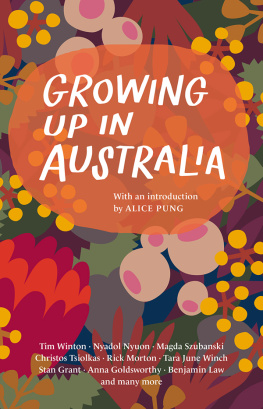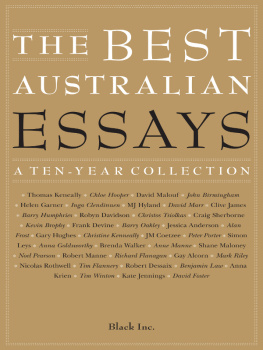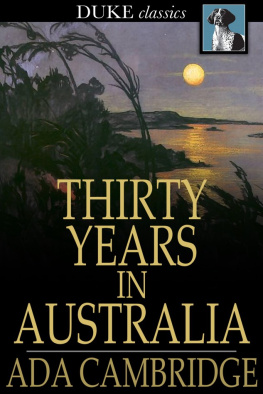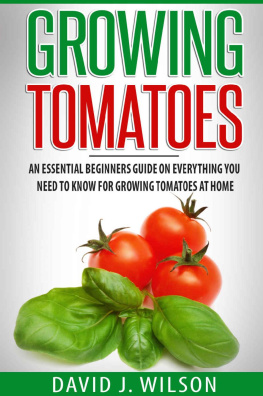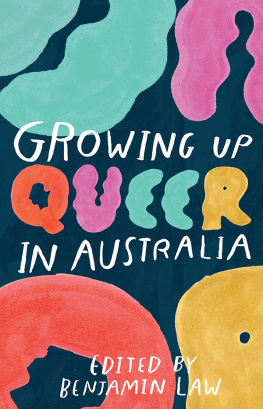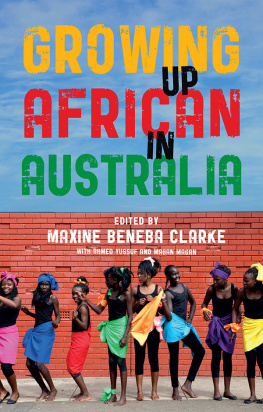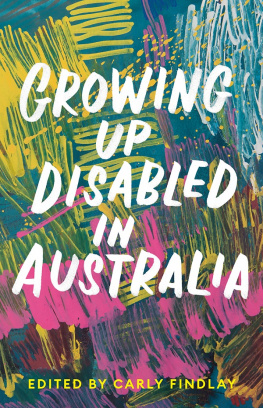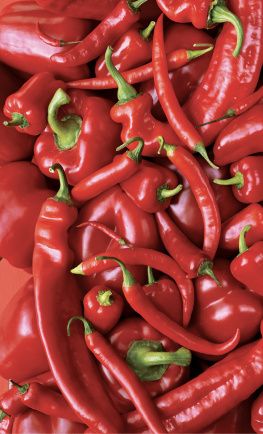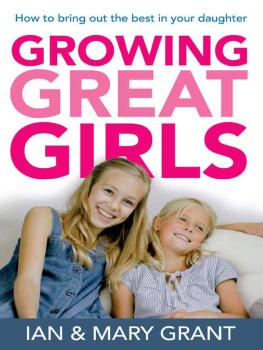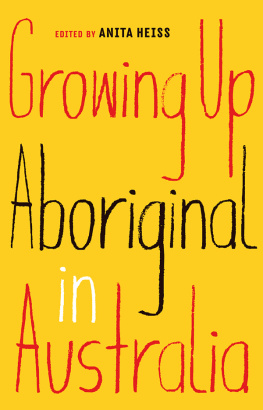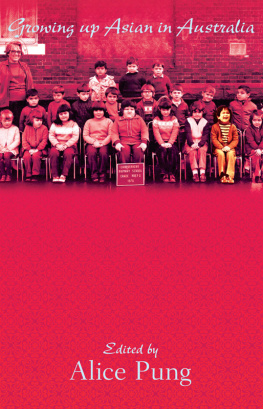INTRODUCTION
Erik Jensen said that We spend our whole lives trying to work out what happened in the first fourteen years. Why are our growing up stories so urgent, no matter where or when we live? What is it that makes us dive again and again into this period of our lives?
Perhaps it is a combination of two things that make these experiences so indelible: time and power. When we are children, time moves differently; an hour can seem like a day, a week, a month. We also experience the greatest number of firsts during our childhood and adolescence. And as children we are entirely subject to the decisions of adults your family might move country, your government might exclude you (or worse, remove you from your family), your teachers might not understand you, your friends might suddenly shun you.
Its no wonder, then, that the combination of powerlessness and having a surfeit of time to reflect on first-time events tattoos these experiences on our memory. Our childhood often shapes our ingrained adult aspirations, reactions and fears.
In these thirty-two pieces, spanning states (geographical as well as internal), eras and even continents, something specific and seismic has happened to each author, as they seek to find their place in that mysterious chimera The Great Australian Childhood. You know: the sort of childhood you see on television commercials about daily-use domestic products toilet paper, tinned peaches and Vegemite mostly featuring middle-class nuclear families living in clean white interiors with a pet.
Many of these authors looked to literature to rectify this false portrayal, to make their lives seem real and genuine, to say to their adult selves, I exist too! You dont always need to see someone like you in literature for books to be enlightening, relevant, relatable or life-changing, as Tim Wintons piece about the power of reading and living attests. But never to see someone like you depicted as a three-dimensional human being, always to be the disempowered object-of-charity (but never subject-of-agency), the only gay in town, the Scary Spice of the quintet, or the noble savage, is disheartening. Thats all? Thats not me, Tara June Winch realises.
These younger selves of celebrated Australians did not see themselves reflected in their culture. Candy Bowers writes that the authors I was looking for didnt exist in Australian bookshops. Its no wonder there is anger in these stories: Australia, you stole years as I tried to be smaller and whiter and less bold. Stan Grant writes, exclusion and difference: these were the abiding lessons of my early school years We were a footnote, a prehistoric relic. All I can hear is gay static, writes Natalie Macken, No gay people in my orbit, no gay news, no gay dogs even. Phoebe Hart writes: All I knew was that I was different. Very, very different. It was a profound feeling that shaped my adolescence and my life for a long time to come. And Thinesh Thillainadarajah wonders: Will I be ground into dust, waiting for someone else to speak?
In these stories, youll find children uniting with each other against power, as Benjamin Law and Vanessa Woods did with their siblings when navigating the adult landmine of a divorce, or dealing with a school bully, as portrayed by Aditi Gouvernel in Wei-Li and Me. Youll find lonely teenagers confounded by the nonchalant, self-possessed power of their peers, as Joo-Inn Chew, Carly Findlay, Miranda Tapsell, Natalie Macken and Oliver Reeson did, wondering why what was happening in me didnt match exactly what was happening in almost everybody else.
As a result of all this alienation, many of our authors, like Carly Findlay, spent a lot of time alone, reading and being creative. Similarly, Gayle Kennedys periods of hospitalisation meant that she formed a rich inner life. Andy Jackson writes about how becoming a poet changed his life.
The great American short-story author Grace Paley wrote: There isnt a story written that isnt about blood and money. People and their relationship to each other is the blood, the family. And how they live, the money of it. Katie Bryan tells a heartbreaking-hilarious story of how class and race collided in her childhood, and Lech Blaine similarly writes unabashedly and self-deprecatingly about real battlers, as well as smug pricks jerking each other off at university.
The heartbeat of many of these stories is family and kinship. Faustina Agolley finds her late father and a sense of identity: hearing that I am from a lineage of an actual tribe makes me feel like the coolest kid on the planet, and Joo-Inn Chew writes of her triumph at finally finding a tribe for her own family. Nyadol Nyuon discovers that her mother was treated with a level of honour I had never seen before on a trip to Ethiopia, while Olivia Muscat ends her epistles with a beautiful ode to her mothers legacy.
Anna Goldsworthy writes tenderly about how a teacher can be life-changing, while Alistair Baldwin writes with wry humour about the surprising joy of horse-riding. Hope Mathumbu writes about the power of suburban faith, and Olivia Muscat writes searing letters to people who do not understand her disability. Theres wonderful humour in Sara El Sayeds family trying to avoid haram things in their new home, while Uyen Loewalds poem satirises the infantilisation of immigrants.
For many of our authors, including Kerry Reed-Gilbert, Tim Winton, Stan Grant, Magda Szubanski, Tara June Winch, Nyadol Nyuon, and Rafeif Ismail, childhood evokes a strong sense of place, if not belonging.
The Growing Up series was conceived by Black Inc., with the very first book, Growing Up Asian in Australia, coming out over fifteen years ago. Editing that book gave me the rare privilege of meeting a community of Asian-Australian legends, some of whom feature in this anthology. There is now Growing Up Aboriginal in Australia, Growing Up African in Australia, Growing up Queer in Australia, Growing up Disabled in Australia and the soon-to-be published Growing Up in Country Australia. Each one of these books distils the political events, cultural tags and defining experiences common to an identity, but also showcases the individual experiences unique to each author.
Growing Up in Australia continues this great tradition of countering the proper childhoods propagated by Neighbours, The Saddle Club and American television. The stories in this anthology are true Australian childhoods, and they are as beautiful, as brutal and as varied as good literature should be, from voices familiar and new. As Oliver Reeson writes, You cant choose to opt out. If you dont tell the story, others will fill in the gaps for you.
Alice Pung
TALKING TO MY COUNTRY
Stan Grant
I was born into what anthropologist W.E.H. Stanner called the great Australian silence. It was the period of forgetting. The myths we created fed Australias lie: that no blood had stained the wattle. We were told a story of peace and bravery and the conquest of a continent. This was the inevitable push into the interior, a land opening up before the explorers. It was empty; tamed and claimed.
These were the myths of my childhood, the myths of my education. In this telling, Australia was discovered by Captain James Cook. The Endeavour was a ship of destiny that led to the First Fleet. On 13 May 1787 eleven ships set sail with a cargo of prisoners to found a penal colony in New South Wales but the true first fleet landed here 60,000 years earlier. I was told Lawson, Blaxland and Wentworth were the first people to cross the Blue Mountains.
There were people standing on the shore as Cook weighed anchor. Smoke from campfires trailed the white men who trekked over the great mountains west of Sydney; black people watched these people who appeared like ghosts. But that story wasnt told in my classroom. The lesson I learned was that we didnt matter. In fact we didnt even exist.

